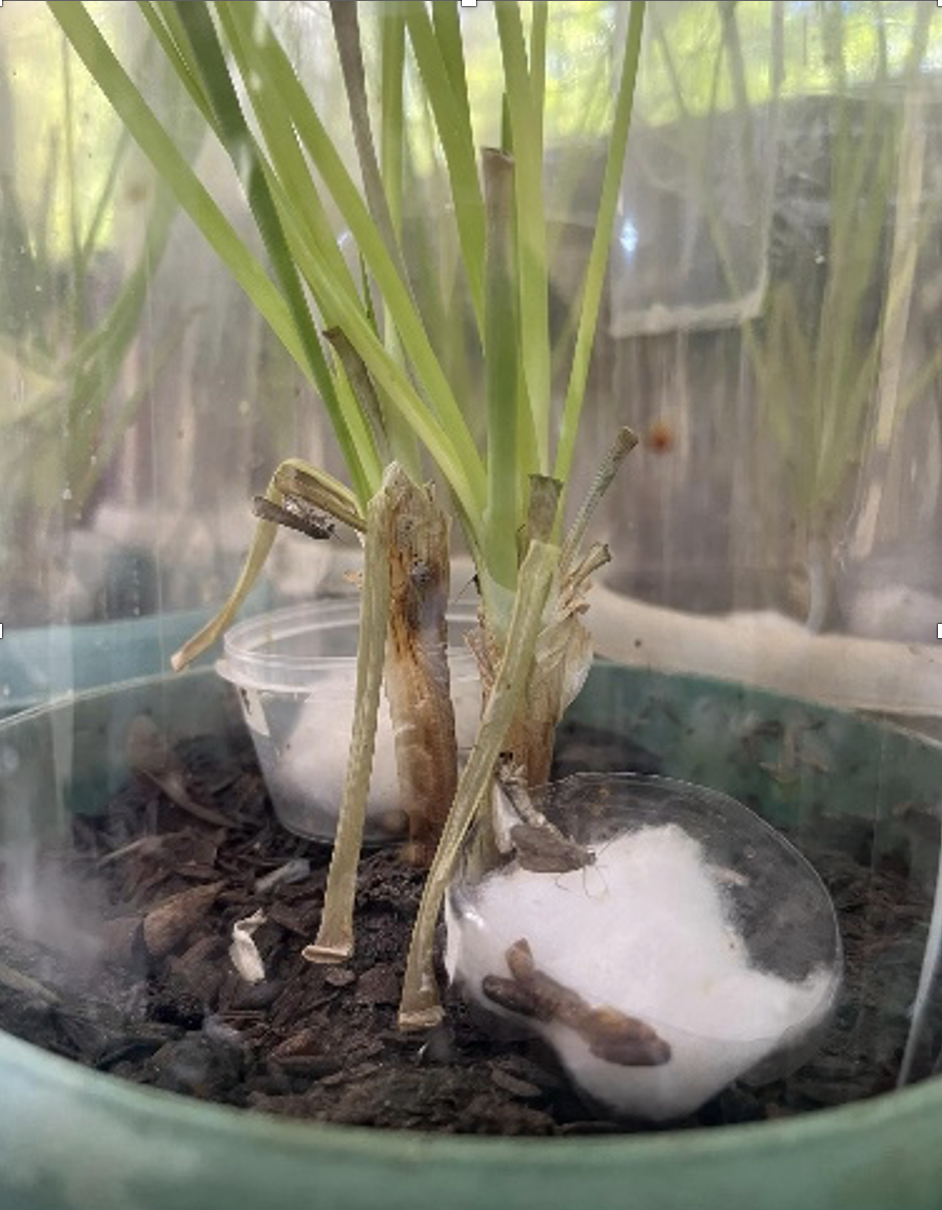A nanopesticide is currently being developed to eradicate or prevent armyworm, commonly known as ’harabas,’ from attacking onion from its leaves down the bulb.
This new product is currently being developed and tested in Nueva Ecija through a project led by Dr. Danila Paragas of the Central Luzon State University (CLSU). The project is funded by the Philippine Council for Agriculture, Aquatic and Natural Resources Research and Development of the Department of Science and Technology (DOST-PCAARRD).
Dr. Paragas says that armyworm, in its larval to adult growth stage, attacks and eats onion leaves and bulbs in the late cooler hours of the night or early morning.
The CLSU research team has determined the percent mortality of armyworm at its different growth stages and at various concentrations of the nanopesticide formulation. Initial results in the laboratory experiment, according to CLSU, were promising.
The newly developed nanopesticide containing plant extracts and nanoparticles, is currently being field-tested in an onion farm in Nueva Ecija. Results of field verification trial will be completed within the year.
Armyworm (Spodoptera exingua) struck onion for the past production years in onion-producing areas of Central Luzon and Region 1. This is one of the causes of the low production yield performance of onions leading to increase of its retail price in the market late last year. The project hopes that the development of the nanopesticide would ease the problem of the onion industry in the country.

